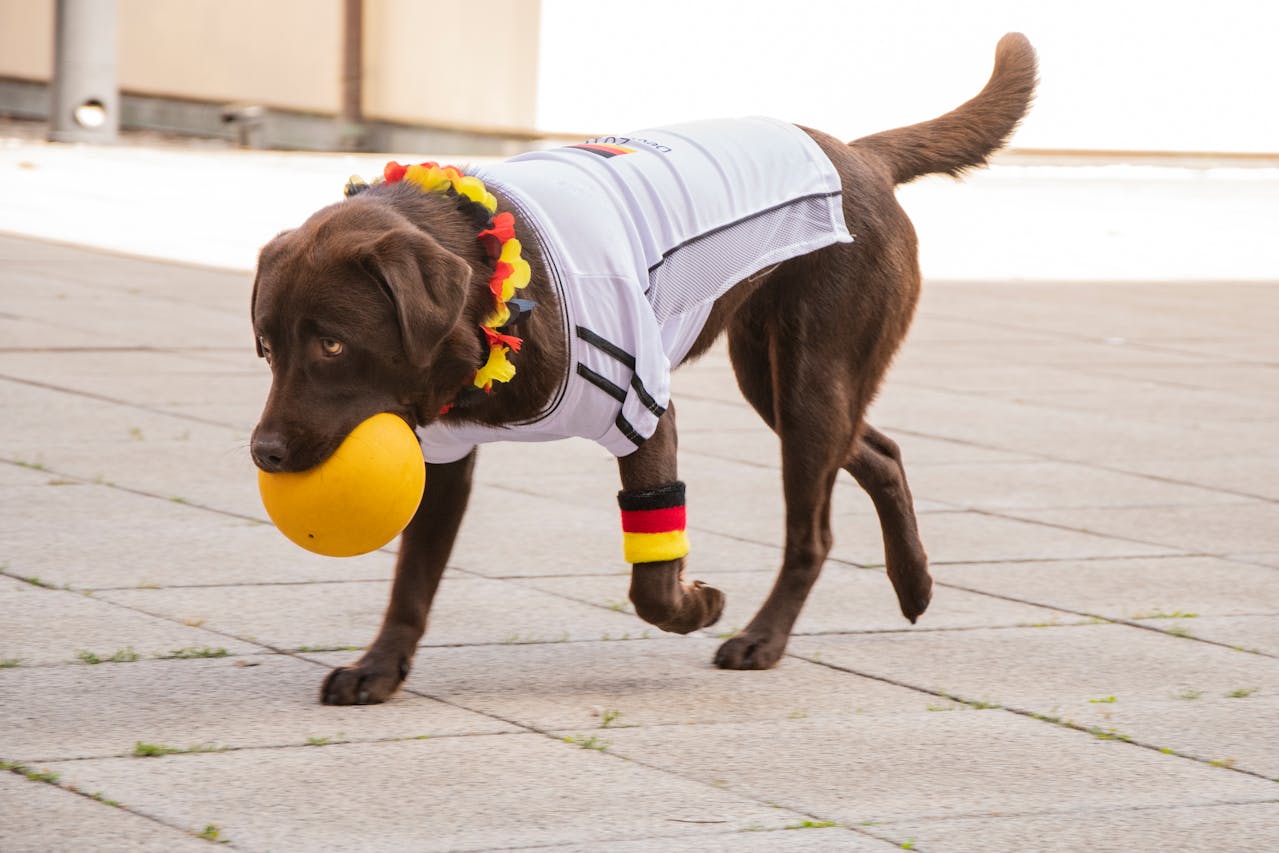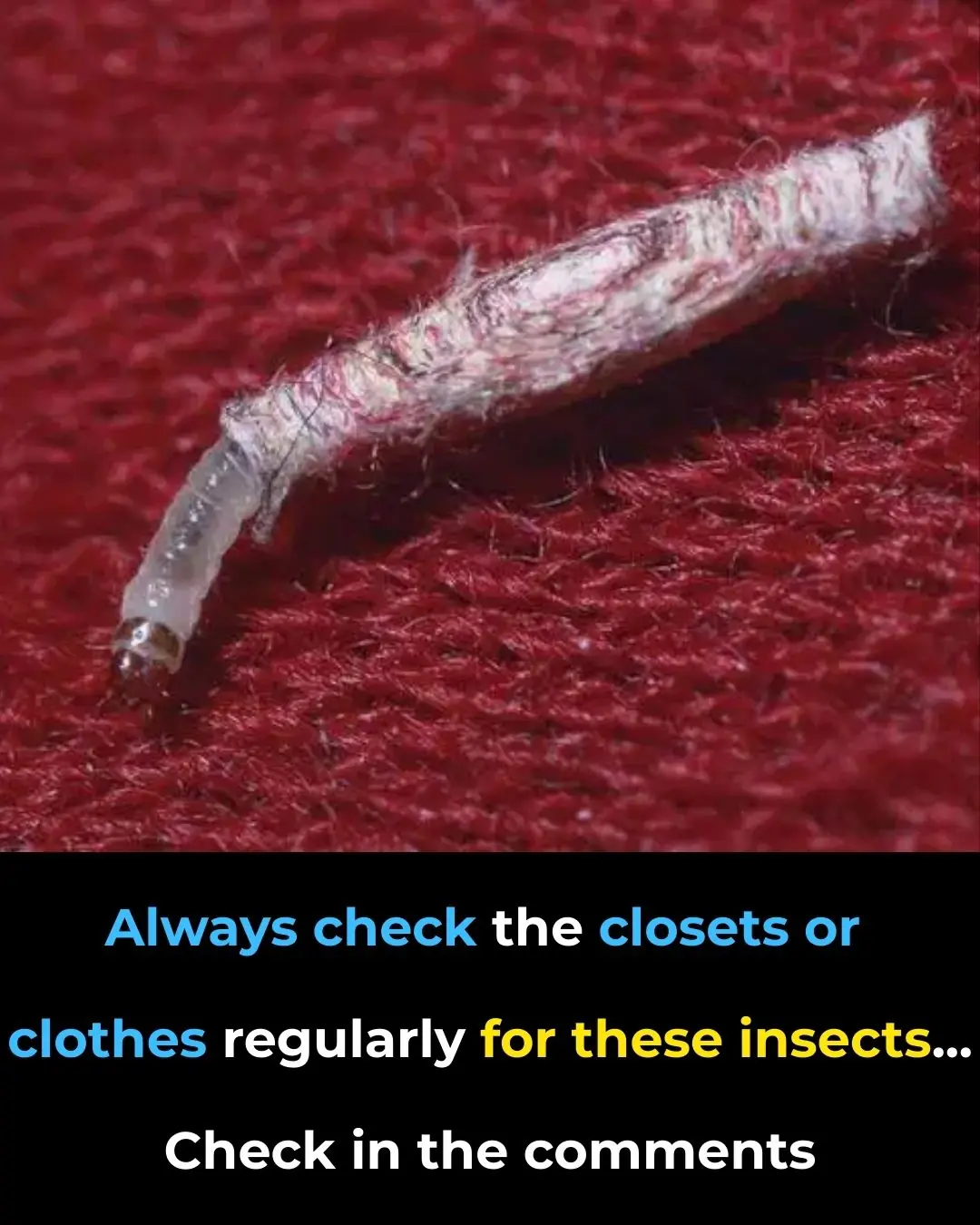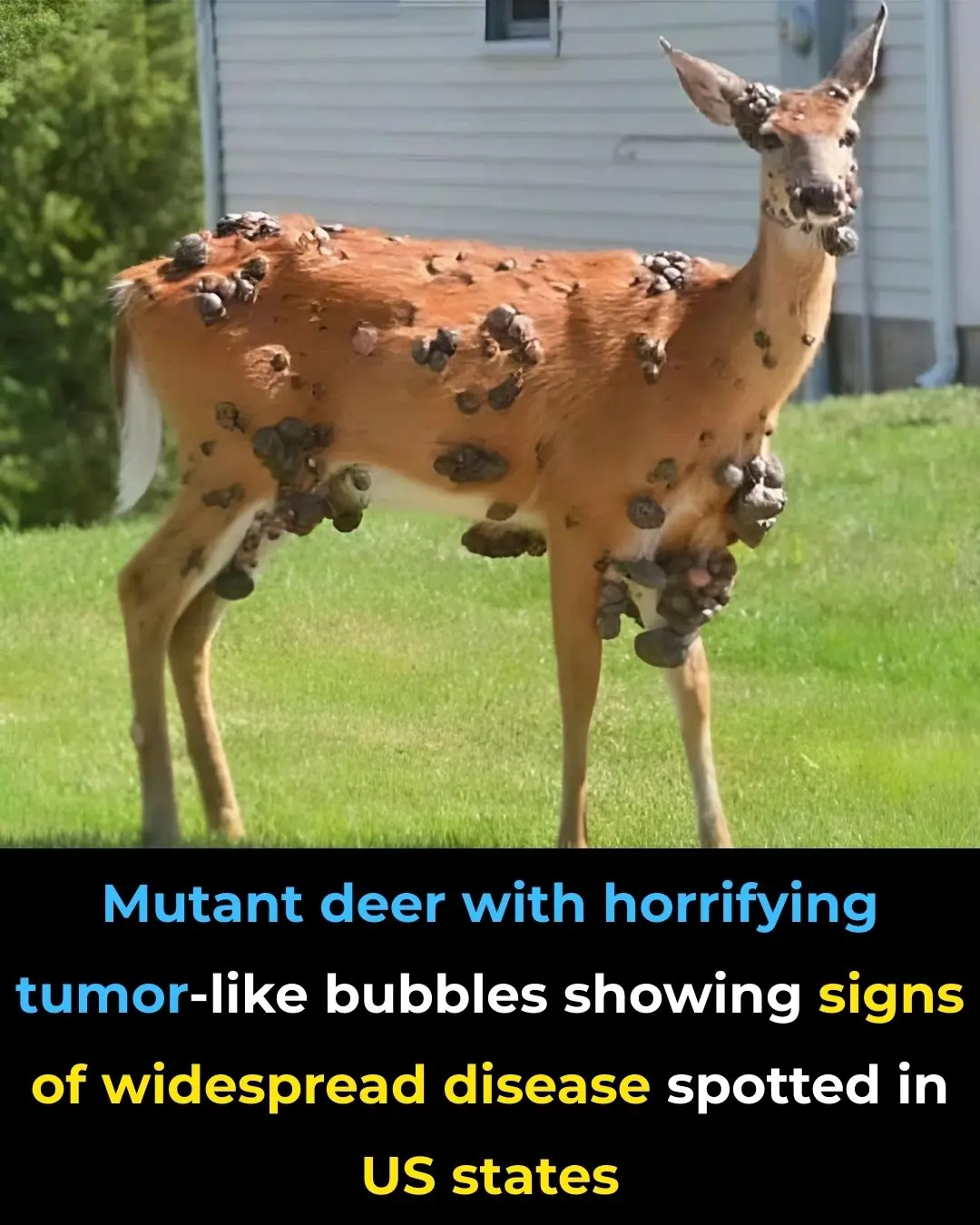
You Can Adopt Puppies That Were ‘Too Friendly’ to Become Police Dogs

From Police Prospect to Perfect Pet: Why “Flunked” K9s Make the Best Companions
Imagine a dog with all the enthusiasm, loyalty, and intelligence you’d want in a best friend — but with one important difference: this dog just wasn’t “tough enough” for the police academy. Maybe it was too friendly, too affectionate, or simply too social to meet the rigorous demands of law enforcement work. Instead of tracking suspects or sniffing out explosives in high-pressure environments, this playful pup is now waiting for a loving home where its energy and affectionate nature will be celebrated.
Across the country, police departments and federal agencies such as the TSA are finding homes for dogs that didn’t quite meet the strict criteria for active duty. Many come from working breeds like German Shepherds, Belgian Malinois, and Labrador Retrievers — dogs known for their intelligence, stamina, and drive. While they may have all the right instincts, their temperament doesn’t always match the demanding, high-stakes world of law enforcement.
But here’s the good news: these so-called “career-change” dogs are often perfect family pets — loyal, intelligent, and full of love — just waiting for someone to give them a second chance.
Why Some Dogs Don’t Make the Cut
Police dogs have a reputation for being some of the most disciplined, focused animals in the field. They undergo months — sometimes years — of specialized training in obedience, scent detection, and even apprehension techniques. The job is intense, requiring dogs that can stay calm and sharp in dangerous, high-stress situations.
But the truth is, not every dog is built for this. The ideal police dog needs a precise balance of courage, confidence, and discipline. One of the most surprising reasons for disqualification? Too much friendliness.
A police dog needs to be bonded with its handler but also wary of strangers or potential threats. A dog that greets everyone with a wagging tail and a hopeful nuzzle — no matter how smart or athletic — isn’t suited to chase suspects or sniff out explosives under pressure.
This happens frequently with breeds like Belgian Malinois and German Shepherds. While these dogs are intelligent, agile, and highly trainable, some simply lack the intense drive or sharp focus needed for law enforcement. Instead of viewing this as a flaw, many agencies recognize that these “soft-hearted” dogs are ideal candidates for adoption — ready to share their affectionate personalities in homes where companionship is the goal, not crime-fighting.
Agencies Helping to Rehome K9 Dropouts
When a dog doesn’t pass the test for police work, they don’t just disappear into kennels. Across the U.S., several organizations and agencies work hard to find these dogs their forever homes:
-
Transportation Security Administration (TSA) Canine Adoption Program
The TSA runs a dedicated program for dogs that don’t meet their stringent working criteria. While these dogs are often high-energy and may need continued training, they adapt well to active families and thrive in environments where they receive plenty of exercise and attention. Occasionally, retired TSA dogs are also available for adoption. -
Mission K9 Rescue
This non-profit specializes in reuniting retired working dogs — from police forces to military K9 units — with loving families. When possible, they place dogs back with their former handlers. For others, they provide rehabilitation and rehoming to ensure these loyal companions live out their retirement in comfort and care.
-
Freedom Service Dogs of America
Based in Englewood, Colorado, this organization trains shelter dogs to become service animals. Dogs that don’t quite complete the program, known as “career-change dogs,” are made available for adoption. These pups are usually well-socialized and have had some level of obedience training, making them great for families ready to meet their needs. -
Service Dogs, Inc.
Operating out of Texas, Service Dogs, Inc. adopts shelter dogs and trains them to assist people with disabilities. If a dog isn’t a fit for service work, it enters their “career change” program and is adopted out as a well-trained, affectionate pet.
-
Canine Companions
This non-profit trains assistance dogs for people with disabilities. Dogs released from their training — often due to behavioral quirks or minor medical issues — are offered for adoption as pets. Most have already received advanced obedience training and adapt quickly to family life.
Adopting through these programs typically involves a thorough screening process, including applications, interviews, and sometimes home visits. This helps ensure that each dog is matched with the right family — one that understands its needs and can provide a stable, loving environment.
The Adoption Process: What to Expect
Adopting one of these dogs can be a deeply rewarding experience, but it’s not as simple as picking up a puppy from a shelter. Many of these dogs have been raised and trained in highly structured environments, which means they’re used to routines and discipline.
The transition to a family home often takes patience and consistency. Some dogs may need time to adjust to a more relaxed environment, while others will thrive almost immediately. Agencies usually work closely with adopters, offering guidance and sometimes even follow-up visits to ensure the transition is smooth.
It’s important to remember that while these dogs are highly trainable, they may not be ideal for first-time dog owners. Their intelligence and energy levels mean they need structure, exercise, and engagement — whether through daily walks, mental enrichment activities, or agility games.
Why “Flunked” K9s Make Incredible Pets
At first glance, it might seem surprising that dogs bred and trained for law enforcement could make such wonderful pets. But their loyalty, intelligence, and eagerness to bond often make them even better companions.
Most of these dogs are already house-trained, well-mannered, and know basic commands — a huge plus for busy families. Their sharp minds mean they pick up on new cues quickly, whether you’re teaching fun tricks or more advanced obedience.
And for active individuals or families, these dogs are a perfect match. Their stamina and love of activity make them great companions for long hikes, runs, or even dog sports.
Perhaps most importantly, adopting one of these dogs gives them a second chance — and gives you a loyal, loving friend who has already proven its ability to work hard and bond deeply with humans.
What to Consider Before Adopting
While the idea of welcoming a former police trainee into your home is exciting, it’s essential to be realistic. These dogs thrive with owners who understand their unique backgrounds and are willing to provide the engagement they need.
They often do best with families who have experience with working breeds or who are committed to ongoing training and enrichment. These dogs may need help adjusting to life outside the structured training programs they came from, and they will benefit from consistency, exercise, and plenty of mental stimulation.
With patience, love, and structure, however, these “career-change” dogs can become extraordinary companions — the kind of pet that brings joy, loyalty, and endless adventures into your life.
News in the same category


A Nigerian Scientist Developed a High-Tech Cancer-Detecting Goggles That Help Surgeons Spot Cancer Cells More Accurately.

Scientists discover ultra-massive 'blob' in space with a mass of 36,000,000,000 suns

What’s the Small Hole in a Padlock For?

World’s First Surviving Septuplets Celebrate 27th Birthday

What to Do Immediately After a Snake Bite

Ever Seen This Creepy Wall-Clinging Moth? Meet the Kamitetep

Flight attendant explains the unexpected reason cabin crew keep their hands under their thighs during takeoff and landing

People Are Just Realizing Why Women’s Underwear Have A Bow On Front

Setting Your AC to 26°C at Night Might Not Be the Best Idea

What’s the Small Hole in a Padlock For?

How to Get Rid of Moths Naturally

Say Goodbye to Joint and Foot Pain with a Relaxing Rosemary Bath

Gyan Mudra benefits revealed: How this ancient hand gesture can boost your mind and body

Man, 76, dies while trying to meet up with AI chatbot who he thought was a real person despite pleas from wife and kids

Black Cat at Your Doorstep? Here's the Hidden Spiritual Meaning and What It Reveals About You
It’s not unusual to open your front door and discover a mysterious cat waiting to be let in. While some see this as a spiritual sign of good luck, the truth is often much more practical—and just as fascinating.

NASA crew begins gruelling training for monumental mission that's not been done in 50 years

User 'terrified' after AI has total meltdown over simple mistake before repeating 'I am a disgrace' 86 times

$1M Plastic Surgery TV Star’s Transformation
News Post

5 Blood Clot Facts Doctors Want You to Know

8 Foods That Help Lower Your Cholesterol

6 Harmful Foods That Weaken Calcium Levels

8 Common Reasons For Waking Up at Night

How to Use Castor Oil to Regrow Eyelashes and Eyebrows

Scientifically Proven Health Benefits of Avocado and Avocado Seeds

Experts Say They’ve Pinpointed the Cause of Autism—And It Could Lead to New Treatments

Scientists Say Cancer Can Now Be Detected Years in Advance with Simple Blood Test

A Nigerian Scientist Developed a High-Tech Cancer-Detecting Goggles That Help Surgeons Spot Cancer Cells More Accurately.

Final straw that led to billionaire CEO's desperate escape from Japan inside 3ft box

Mutant deer with horrifying tumor-like bubbles showing signs of widespread disease spotted in US states

'Frankenstein' creature that hasn't had s3x in 80,000,000 years in almost completely indestructible

Scientists discover ultra-massive 'blob' in space with a mass of 36,000,000,000 suns

When a Washing Machine Shows 7kg, 8kg, or 10kg, Is That the Weight of Dry or Wet Clothes? The Real Meaning Behind These Numbers Is Something That Few People Know

Place a Bowl of Salt in the Fridge: A Small Trick, But So Effective — I Regret Not Knowing It for 30 Years

If Your White Walls Are Dirty, Don’t Clean Them with Water — Use This Trick for a Few Minutes, and Your Wall Will Be as Clean as New

Bubble Wrap Has 4 Uses 'As Valuable as Gold' — But Many People Don’t Know and Hastily Throw It Away

3 Ways to Prevent Snakes from Entering Your House: Protect Your Family
